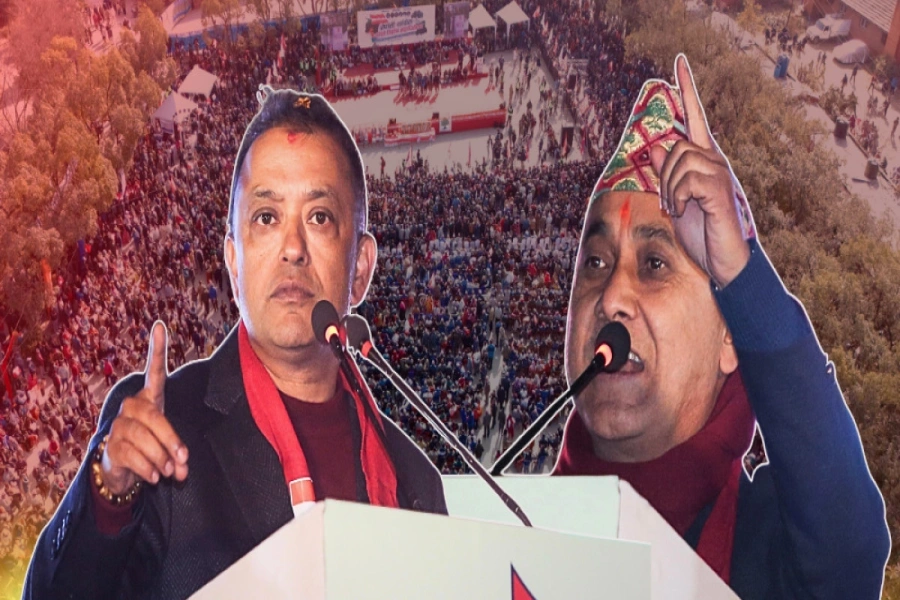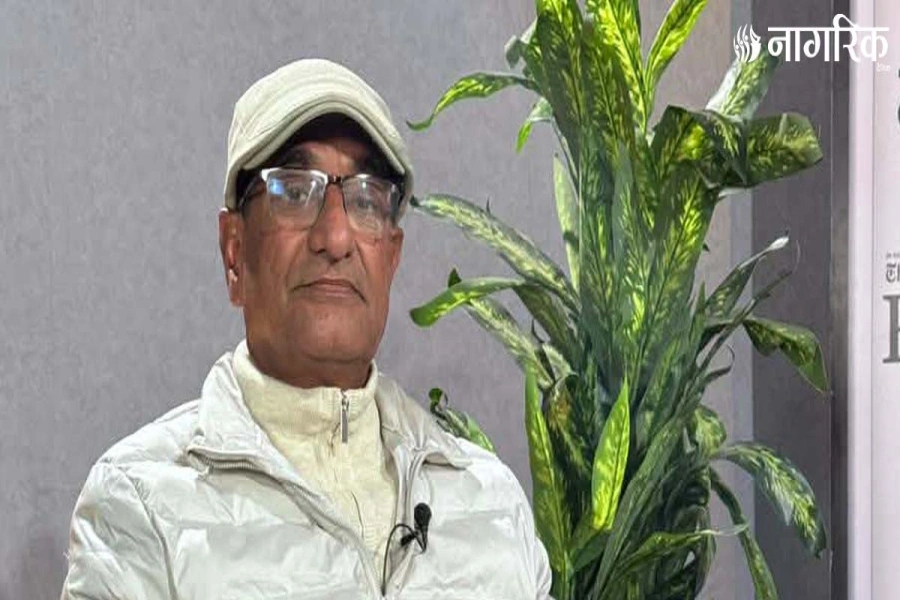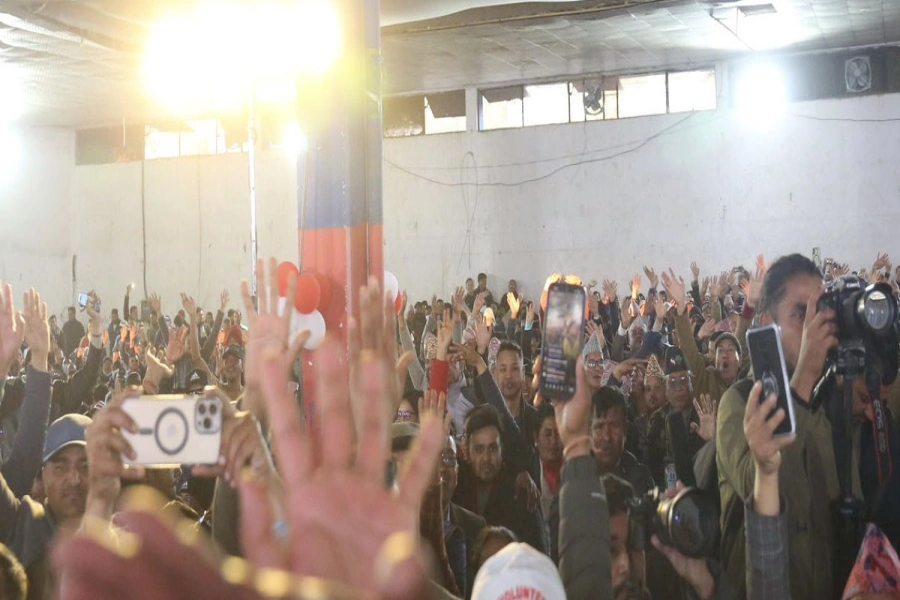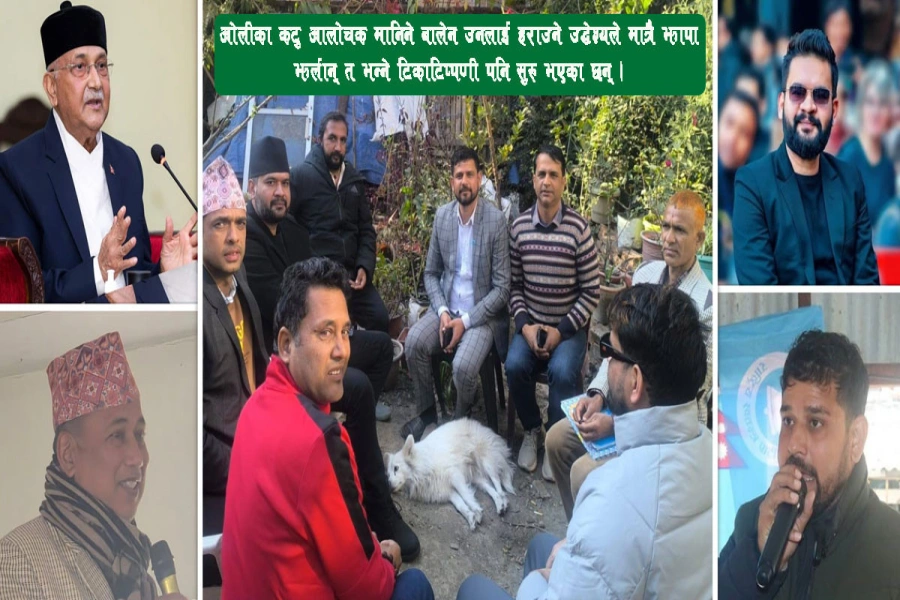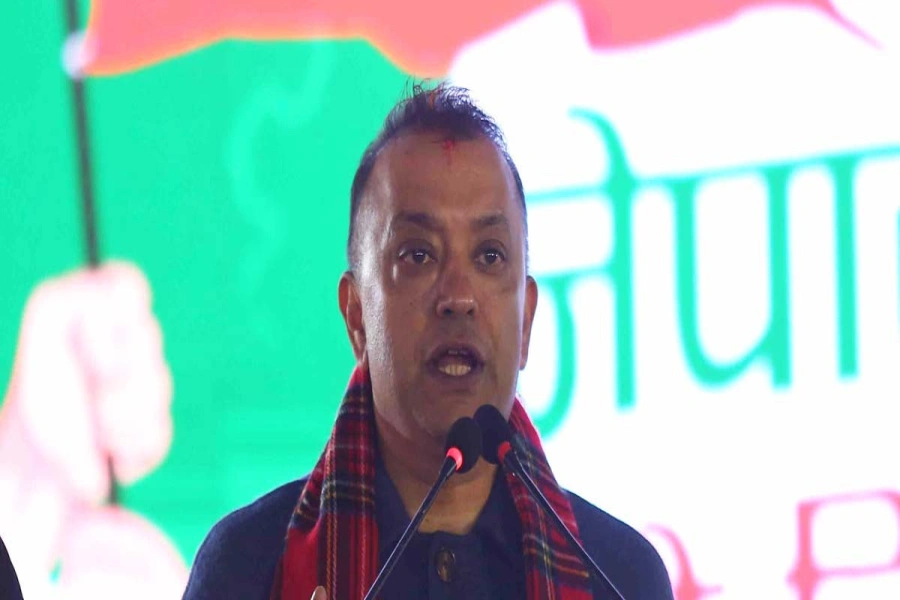When God Was a Woman
by Merlin Stone
Written in 1976, Stone delves into the history and finds out about the time when the way of the world worked under the rule of women. She trudges through the history of many cultures, from European and Middle Eastern societies, to find traces of a matrilineal society, where the writer says the society prospered and women had rights to property and had a say in their fate. It basically pushes the reader to ponder upon the effect worshipping a female deity had on the society and the status of the women. At a time when the issue of women’s rights is being debated upon, it is an interesting read with information that has been archaeologically documented.
The Omnivore’s Dilemma: A Natural History of Four Meals
by Michael Pollan
The book delves into how human beings learnt what to eat and what not to eat over time. But man has advanced beyond what one could imagine and loves to pamper himself with options. Even with the food he eats, there are so many alternatives and types of food that he is once again in search of what food is good to eat and what is not. It is further fuelled by the fact that the food we eat isn’t healthy but laden with chemicals that will pose serious health risks and become a threat to the environment. Pollan also talks about the consequences of the food we consume tracing it back to its origin through its components where she explains we are what we eat. The Omnivore’s Dilemma is about the food choices we make that has led to eating disorders and gets us thinking about our food habits.
Everything is Obvious: How Common Sense Fails
by Duncan J. Watts
Sociologist Duncan J. Watts aligns series of questions and explains how our sense of judgment and common sense have been manipulated throughout history. Through research and factual data, he puts forth the reasoning of how planning the future can be done by either understanding the failure of common sense or understanding the present. With his various examples, he shows how simple answers to questions are obvious and can easily be predicted yet we fail to get the desired outcome because we are misled to believe that we know more that we actually do. This book talks about the simple logical and common explanations we give for the outcomes that we observe in our daily lives.
The Giver
by Lois Lowry
The Giver by Lois Lowry is a story of a planned future where people are categorized according to their specific behaviors and the world knows nothing about pain, suffering, fear, war, and hatred. Everything is categorized and the world is a place for all human beings without any emotions. The society is led through new terms of justice and scenarios and people who think different are outlawed. The character living this life gets some memories from an older, wiser man who calls himself the giver and with his memories the character feels that the society he is living in is wrong, blunt and empty and feels the need to change it however he can.
Hamro Kitab: For the book-loving society

All Quiet on the Western Front
by Erich Maria Ramarque
All Quiet on the Western Front is a story about manipulation of young minds with misleading thoughts of unnecessary and clichéd patriotic ideas and speeches that are only meant for selfish reasons of a few. A reader can’t help think about its relevance in the present context. Young lives dedicate their youth for the sake of the leaders and their war gimmicks, and thousands end up losing their lives. When the protagonist finds the meaninglessness in the war that only destroys the lives of young people like him, he is determined to fight against the hatred. But a bigger challenge lies ahead – his own survival. This book takes you through Paul’s journey and makes you question the forces that govern common people.
Slaughterhouse-Five
by Kurt Vonnegut
Kurt Vonnegut leads his characters through this journey into an adventure of a wartime survivor and the things that people do to survive when they are confronted by near death situations. As the character survives a crusade bombing by allied forces while trapped in a meat locker inside an old slaughterhouse, one is led to question the value of a human being. Why must a person sacrifice his life and liberty for others? This book takes you to the crazy, mental state of the characters and their hallucination and imagination and how at the extreme stage, the thinking capacity of the brain works in a transformative way.
Sophie’s World
by Jostein Gaarder
Sophie’s World provides a brief history of philosophy. From early Greek philosophers to the nineteenth and twentieth century thinkers, Sophie Amundsen, the protagonist, is taken through this course by Alberto Knox, a middle-aged philosopher, and sheds light on how ideas and thoughts keep on changing over time. What are even more fascinating are the events and small occurrences that force Sophie to question the reality and her existence. Is what’s happening around her really taking place naturally, or is someone improvising and ordering the events in her life? It is a matter of curiosity for her and the reader is also forced to think about it.
God is Not Great: How Religion Poisons Everything
by Christopher Hitchens
Whether one admits it or not, religion has a role to play in our lives. The religious doctrines dictate our life and people are made to do things that might look to be meaningful, but make no sense. It influences people’s action, laws, and important decisions, and is does more bad than good. Hitchens, an atheist and journalist, uses examples from history, personal experiences, and religious texts to point out how religion has made people’s lives worse and has accused it of being violent and intolerant among others. For those who don’t understand how and why our culture operates the way it does, this is a great book to pick up. You’ll be able to justify your beliefs without negating other people’s ideologies after reading this gem of a book.


